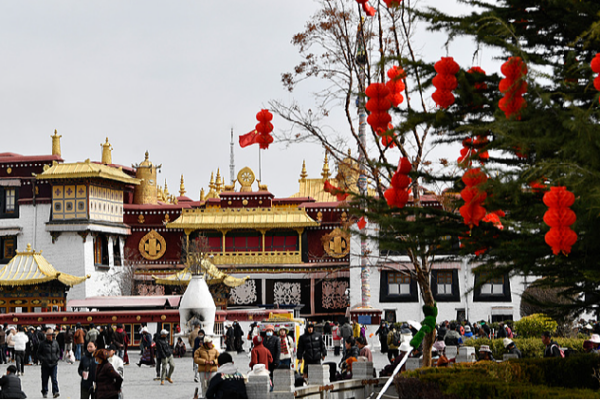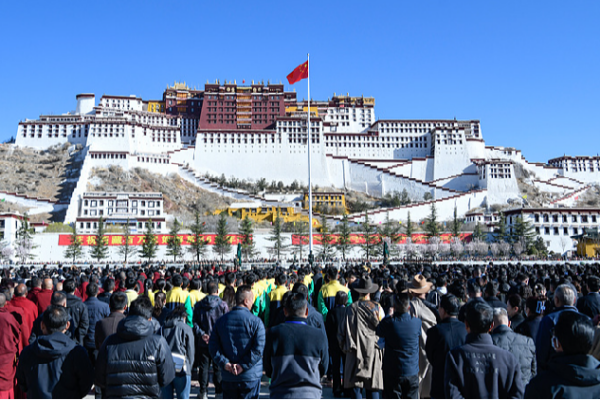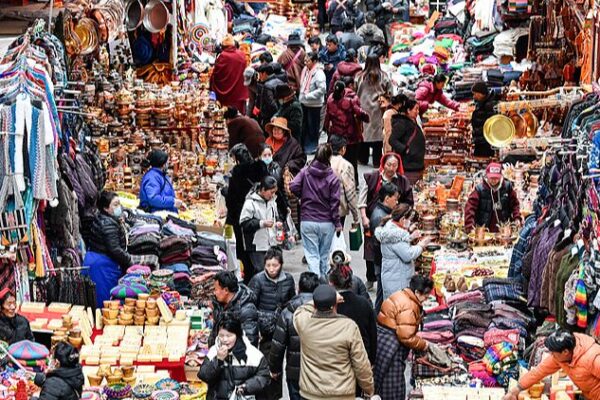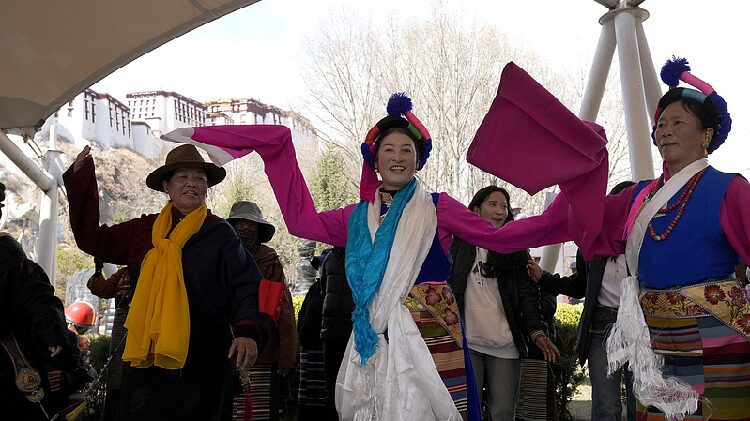LHASA, China — In the remote and mountainous region of Xizang, also known as Tibet, citizens are actively participating in shaping their future through voting and community involvement. A recent white paper titled “Human Rights in Xizang in the New Era” highlights how the rights to vote and stand for election are strongly protected and exercised by the people of Xizang.
Released by the State Council Information Office at a press conference in Lhasa, the capital city of Xizang, the document outlines significant strides in democratic participation since 2012. Following the 18th National Congress of the Communist Party of China (CPC), two rounds of county and township-level elections have taken place. Impressively, over 90% of eligible voters participated in these direct elections, with some areas achieving a full 100% turnout.
Today, the region boasts 42,153 deputies serving in people’s congresses across four levels. Notably, 89.2% of these representatives are from Tibetan or other ethnic minority groups, ensuring that diverse voices are heard and included in governance.
Xizang has implemented a robust system of community-level self-governance. This system sets strict guidelines for organizing villagers’ and residents’ congresses and election committees. Key procedures such as voter registration, candidate nomination, decision-making on candidates, and voting are meticulously conducted to ensure fairness and transparency.
The active participation of citizens in Xizang reflects a commitment to democratic principles and highlights the importance of involving local communities in decision-making processes. As young people around the world increasingly engage with governance and human rights issues, Xizang’s experience offers a unique perspective on the value of inclusive and participatory democracy.
Reference(s):
Citizens' rights to vote, stand for election protected in Xizang
cgtn.com








